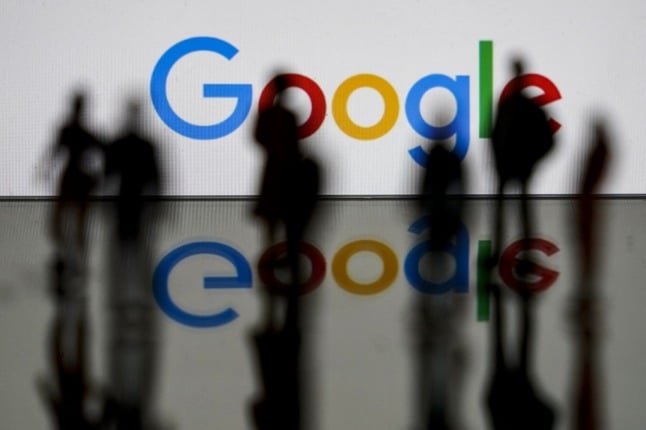Reach:Europe is a network of 31 of the best English-language news and community sites for foreign professionals and expats across the continent. These sites cater to a cosmopolitan market in which English is the common language and where average earnings are well above the western European average. Now, the Reach:Europe network allows media buyers to reach all 31 sites in one hit.
Reach:Europe covers all the major hubs for English-speaking professionals in Europe, including Belgium, Germany, France, the Netherlands, Scandinavia and Russia.
“We found increasingly that media buyers were asking us if we could deliver audiences in countries outside our core markets of Germany, Sweden and Switzerland,” says Robin Reznik, international operations manager at The Local.
Reach:Europe’s sites are high-quality media outlets, most of which focus on original reporting of national news and current affairs. Among the sites in the network are France24, DutchNews and the Moscow Times.
English speaking professionals in Europe form a forgotten demographic that delivers huge volumes of business. 55 percent of expatriates living in Germany earn more than $60,000 per year. In the Netherlands and France that figure is 53%, according to HSBC.
Over half of those planning to move to these countries say that learning the local language is one of their biggest worries. Reach:Europe’s sites provide a vital connection to their new country in a language they understand.
Reach:Europe’s readers are big consumers of an array of goods and services, particularly travel, banking and insurance, healthcare and consumer goods. Their nomadic nature means they are often brand virgins, without cemented brand preferences. This makes them particularly responsive to online advertising.
“Joining forces with counterparts in other countries enables us to satisfy advertisers and increase the visibility of this incredibly valuable demographic,” says Reznik.


 Please whitelist us to continue reading.
Please whitelist us to continue reading.